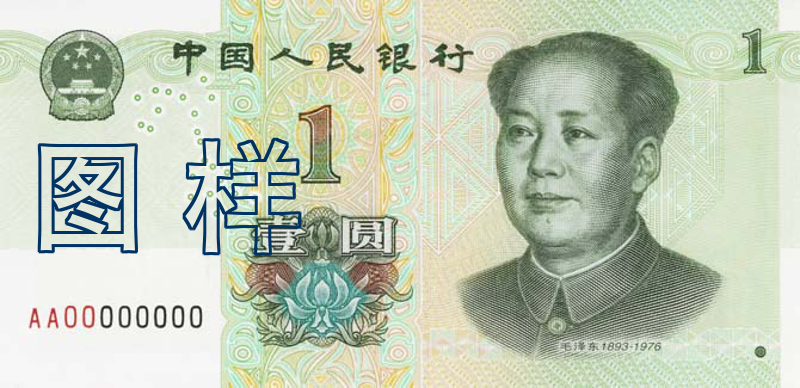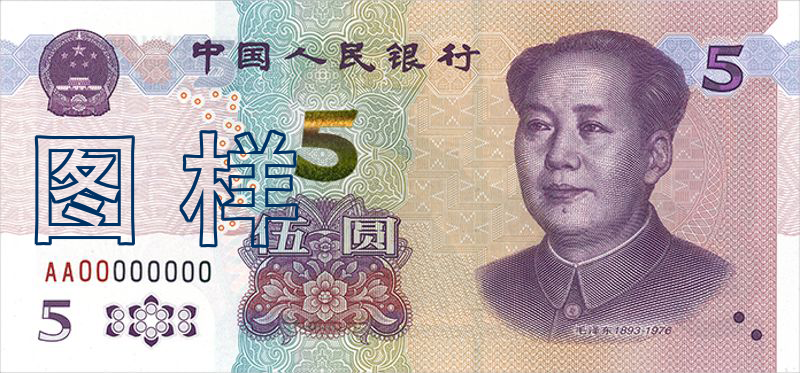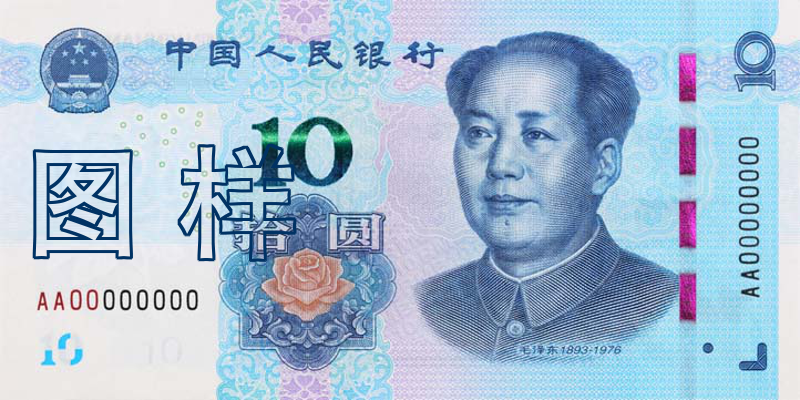课文一Text 1
在饭馆儿 Zài fànguǎnr - In a restaurant
A: 你想喝什么? Nǐ xiǎng hē shénme?
What would you like to drink?
B: 我想喝茶。 Wǒ xiǎng hē chá.
I'd like some tea.
A: 你想吃什么? Nǐ xiǎng chī shénme?
What would you like to eat?
B: 我想吃米饭。 Wǒ xiǎng chī mǐfàn.
I'd like rice.
New Words
- 想 xiǎng - to want, would like (mod.)
- 喝 hē - to drink (v.)
- 茶 chá - tea (n.)
- 吃 chī - to eat (v.)
- 米饭 mǐfàn - cooked rice (n.)
living课文二Text 2
在客厅 Zài kètīng - In the living room
A: 下午你想做什么? Xiàwǔ nǐ xiǎng zuò shénme?
What would you like to do this afternoon?
B: 下午我想去商店。 Xiàwǔ wǒ xiǎng qù shāngdiàn.
I'd like to go shopping this afternoon.
A: 你想买什么? Nǐ xiǎng mǎi shénme?
What do you want to buy?
B: 我想买一个杯子。 Wǒ xiǎng mǎi yí ge bēizi.
I want to buy a cup.
New Words
- 下午 xiàwǔ - afternoon (n.)
- 商店 shāngdiàn - shop, store (n.)
- 买 mǎi - to buy, to purchase (v.)
- 个 ge - a general measure word (m.)
- 杯子 bēizi - cup, glass (n.)
storefront课文三Text 3
在商店 Zài shāngdiàn - In a store
A: 你好! 这个杯子多少钱? Nǐ hǎo! Zhège bēizi duōshao qián?
Hello! How much is this cup?
B: 28 块。 Èrshíbā kuài.
28 yuan.
A: 那个杯子多少钱? Nàge bēizi duōshao qián?
What about that one?
B: 那个杯子18块钱。 Nàge bēizi shíbā kuài qián.
That one is 18 yuan.
New Words
- 这 zhè - this (pron.)
- 多少 duōshao - how many, how much (pron.)
- 钱 qián - money (n.)
- 块 kuài - a unit of money, same as "yuan" (m.)
- 那 nà - that (pron.)
lightbulb注释Notes
1. 能愿动词 "想" Néngyuàn dòngcí "xiǎng"
The Modal Verb "想" (to want, would like)
"想" is usually used before a verb to express a hope or plan.
- 我想学汉语。 Wǒ xiǎng xué Hànyǔ. (I want to learn Chinese.)
- 明天我想去学校看书。 Míngtiān wǒ xiǎng qù xuéxiào kàn shū. (Tomorrow I want to go to school to read.)
- 我想买一个杯子。 Wǒ xiǎng mǎi yí ge bēizi. (I want to buy a cup.)
2. 疑问代词 "多少" Yíwèn dàicí "duōshao"
The Interrogative Pronoun "多少" (how many, how much)
"多少" is used to ask about numbers (usually larger than 10). The measure word following it can be omitted. It's also used to inquire about prices (多少钱).
- 你们学校有多少(个)学生? Nǐmen xuéxiào yǒu duōshao (ge) xuésheng? (How many students are there in your school?)
- 你有多少(个)汉语老师? Nǐ yǒu duōshao (ge) Hànyǔ lǎoshī? (How many Chinese teachers do you have?)
- 这个杯子多少钱? Zhège bēizi duōshao qián? (How much is this cup?)
3. 量词 "个"、"口" Liàngcí "ge", "kǒu"
The Measure Words "个" and "口"
"个" (ge) is the most common measure word, usually used before a noun without a specific measure word. "口" (kǒu) is a measure word, too, usually used for members of a family.
- 三个老师 sān ge lǎoshī (three teachers)
- 五个学生 wǔ ge xuésheng (five students)
- 一个杯子 yí ge bēizi (one cup)
- 李老师家有六口人。 Lǐ lǎoshī jiā yǒu liù kǒu rén. (There are six people in Teacher Li's family.)
- 你家有几口人? Nǐ jiā yǒu jǐ kǒu rén? (How many people are there in your family?)
- 我家有三口人。 Wǒ jiā yǒu sān kǒu rén. (There are three people in my family.)
文化Culture
钱数的表达 Qiánshù de biǎodá
Expression of the Amount of Money
The basic unit of Renminbi (Chinese currency) is "元" (yuán), usually replaced by "块" (kuài) in spoken Chinese.

一元 (块)
yī yuán (kuài)
one yuan/kuai

五元 (块)
wǔ yuán (kuài)
five yuan/kuai

十元 (块)
shí yuán (kuài)
ten yuan/kuai

五十元 (块)
wǔshí yuán (kuài)
fifty yuan/kuai

一百元 (块)
yìbǎi yuán (kuài)
one hundred yuan/kuai











